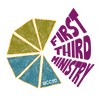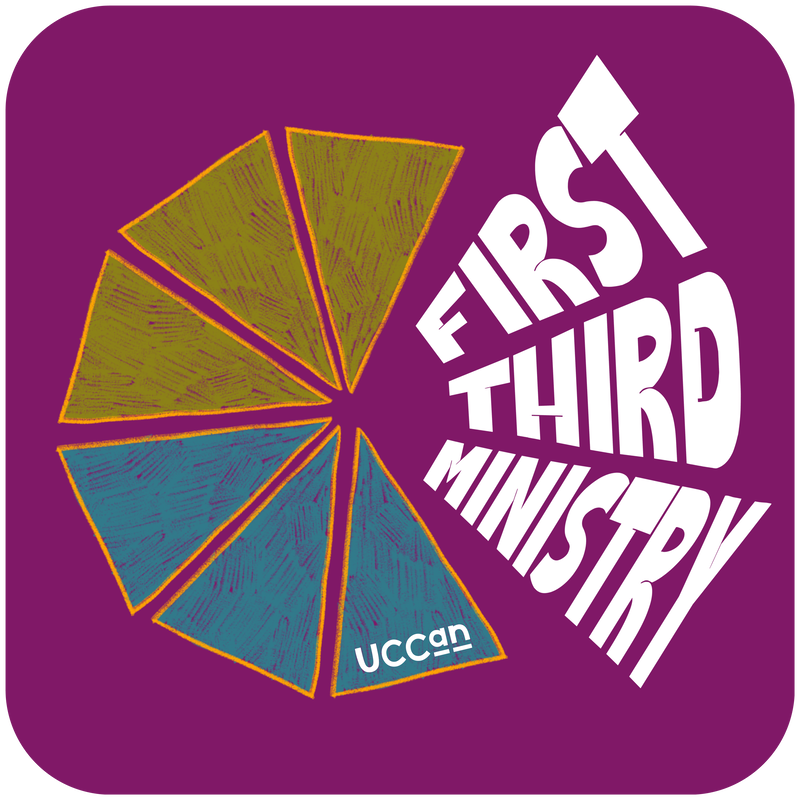Acknolwedging the Land
Click the button above for resources on land acknowledgements, including sample land acknowledgements, criticisms and dialogue on the role of land acknowledgements, and tips on how to create your own!
A land acknowledgment is a practice of recognizing that the land we are on in the land of Indigenous peoples. Land acknowledgements are usually shared at the start of a gathering and will name the Indigenous communities with traditional or territorial relationships with the land as well as any treaties pertaining to the land.
Land acknowledgements are an opportunity for groups to address and deconstruct their colonial context. It is important that the land acknowledgement is just the start of the conversation. Land acknowledgments are lived out through genuine and ongoing commitments to the work of reconciliation.
Land acknowledgements are an opportunity for groups to address and deconstruct their colonial context. It is important that the land acknowledgement is just the start of the conversation. Land acknowledgments are lived out through genuine and ongoing commitments to the work of reconciliation.
what are land acknolwedgements & why they matter
Why are land acknowledgments important? Naomi Bob - Indigenous Voices on Reconciliation [Video explaining land acknowledgements and appropriate protocol]
https://www.cbc.ca/news/canada/toronto/territorial-acknowledgements-indigenous-1.4175136 [An article explaining land acknowledgements and their meaning]
https://www.cbc.ca/kidscbc2/the-feed/what-is-a-land-acknowledgment [An article from CBC Kids that explains land acknowledgements in language accessible for all ages].
Why are territorial acknowledgements important?’ [Video from Reg Crowshoe, former Chief of the Piikuni First Nation, on why land acknowledgements matter]
https://www.cbc.ca/news/canada/toronto/territorial-acknowledgements-indigenous-1.4175136 [An article explaining land acknowledgements and their meaning]
https://www.cbc.ca/kidscbc2/the-feed/what-is-a-land-acknowledgment [An article from CBC Kids that explains land acknowledgements in language accessible for all ages].
Why are territorial acknowledgements important?’ [Video from Reg Crowshoe, former Chief of the Piikuni First Nation, on why land acknowledgements matter]
land acknowledgement guides
https://united-church.ca/sites/default/files/acknowledging-the-territory.pdf [A United Church resource on why and how Communities of Faith might acknowledge land]
https://nativegov.org/news/a-guide-to-indigenous-land-acknowledgment/
https://native-land.ca/resources/territory-acknowledgement/
https://nativegov.org/resources/
https://nativegov.org/news/a-guide-to-indigenous-land-acknowledgment/
https://native-land.ca/resources/territory-acknowledgement/
https://nativegov.org/resources/
Local Resources & Examples | Chinook Winds
Treaty 7 Land Acknowledgment | Indigenous Services | Calgary Public Library [Video teaching a land acknowledgement for Treaty 7 with actions]
Land Acknowledgement (Full)
Treaty 7 Storytime | Trudy Wesley: “Ne Îethka Makochî Chach” | Calgary Public Library [Video of a picture book on the story of Treaty 7 land being read aloud]
Land Acknowledgement #1
Land Acknowledgement (Full)
Treaty 7 Storytime | Trudy Wesley: “Ne Îethka Makochî Chach” | Calgary Public Library [Video of a picture book on the story of Treaty 7 land being read aloud]
Land Acknowledgement #1
Local Resources & examples | Pacific mountain
|
how to acknowledge the land (generally) - in a step by step: Where am I? Land acknowledgements should acknowledge the specific Indigenous peoples related to the land whenever possible. If you don’t know the names of the communities whose land you are on, use the resources below! https://www.whose.land/en/ https://native-land.ca/ Some questions to consider....
|
criticisms of land acknowledgements: - tiktok videos/critical articles https://theeyeopener.com/2021/03/opinion-before-you-state-a-land-acknowledgement-mean-it/?fbclid=IwAR0Ilo6vWggj2Y4tm1Y6CY9672C2WSLelB_FKAb6zwc7Ve2MfrtN72BOMto So what? A Land Acknowledgement is the start of a conversation, not the end! Talk about the language: what does it mean to be treaty? What does it mean to be on unceded land? Make time to reflect on these as a group. What does it mean when we acknowledge the land? How will we move in this place differently? Why does the land acknowledgement matter? How am I connected to this land? How am I committing to reconciliation and land justice? What are my responsibilities to the land? What are my responsibilities to the Indigenous communities related to it? Keep it fresh & try new things! Land acknowledgements are living things – adapting them for each context or meeting can help us to hear them differently, to avoid it becoming rote practice, and to be responsive to the dynamic context
|
Ideas to Go Deeper...
Go deeper (all ages):
Talk about the words we use during our land acknowledgements. Some of them might be new, or hard to understand!
https://www.whose.land/en/less on-plans
https://nativegov.org/news/beyond-land-acknowledgment-guide/
Land Acknowledgement Body Prayer
*insert here are as a file*
Talk about the words we use during our land acknowledgements. Some of them might be new, or hard to understand!
https://www.whose.land/en/less on-plans
https://nativegov.org/news/beyond-land-acknowledgment-guide/
Land Acknowledgement Body Prayer
*insert here are as a file*
Take the opportunity to use a land acknowledgement to open dialogue with youth and young adults.
https://apihtawikosisan.com/2016/09/beyond-territorial-acknowledgments/
Land acknowledgement | Baroness von Sketch Show [Satirical video on land acknowledgements]
https://walkingeaglenews.com/2021/10/15/new-brunswick-hiring-wizard-amid-fears-land-acknowledgements-can-magically-return-land-to-first-nations-leaked-memo/ [Satirical article about land acknowledgements]
https://apihtawikosisan.com/2016/09/beyond-territorial-acknowledgments/
Land acknowledgement | Baroness von Sketch Show [Satirical video on land acknowledgements]
https://walkingeaglenews.com/2021/10/15/new-brunswick-hiring-wizard-amid-fears-land-acknowledgements-can-magically-return-land-to-first-nations-leaked-memo/ [Satirical article about land acknowledgements]
o deeper (families):
Create your own land acknowledgement:
As a household, try creating a land acknowledgement together. Land acknowledgements are something that anyone can do, and they take practice. As a household, create a Land Acknowledgement. The questions below can help create a living land acknowledgement that grows with your household! (with the visual accompaniment)
Create your own land acknowledgement:
As a household, try creating a land acknowledgement together. Land acknowledgements are something that anyone can do, and they take practice. As a household, create a Land Acknowledgement. The questions below can help create a living land acknowledgement that grows with your household! (with the visual accompaniment)
- Reflect together:
- What is a Land Acknowledgement?
- Why do we acknowledge land?
- LEARN together:
- Whose land are you on? (to start, try exploring this: FPCC map)
- What are the words people use for land acknowledgements in your area? What do those words mean?
- CREATE together
- Will your acknowledgement have words, art, or actions?
- Will your land acknowledgement happen at a particular time or place?
- LIVE IT OUT together: (or: practice together/embody together/act together/change together/live it together)
- How often will you acknowledge the land?
- What changes when we acknowledge the land?
Ideas for online land acknowledgements:
- Have everyone share in a chat what land they’re on
- BONUS: invite participants to learn more about each other’s places
- Have everyone take a body break and go outside to connect with the land near them
- Take the opportunity to share a video – what can you learn about the land you are in?



